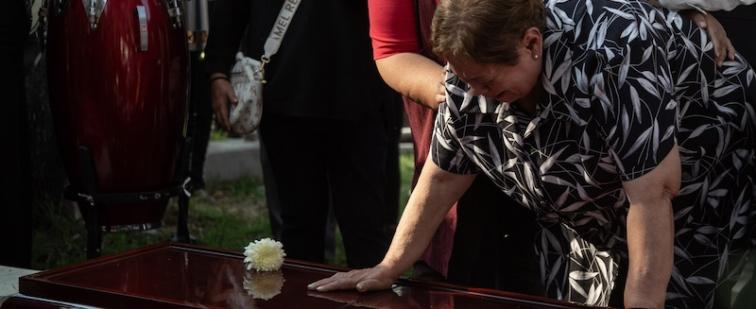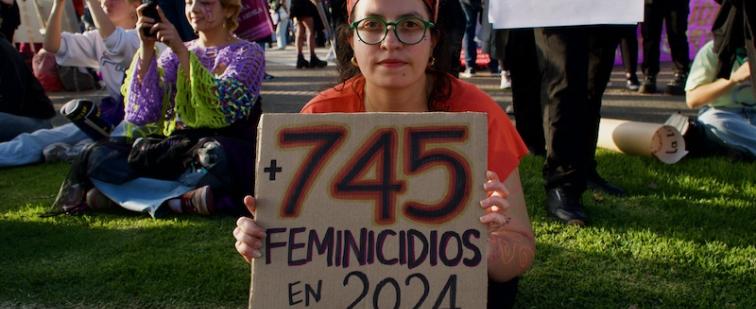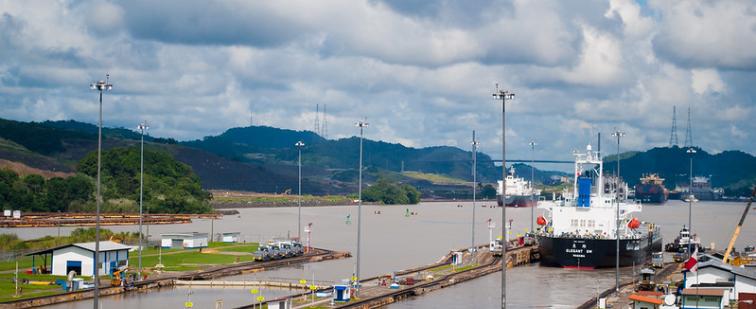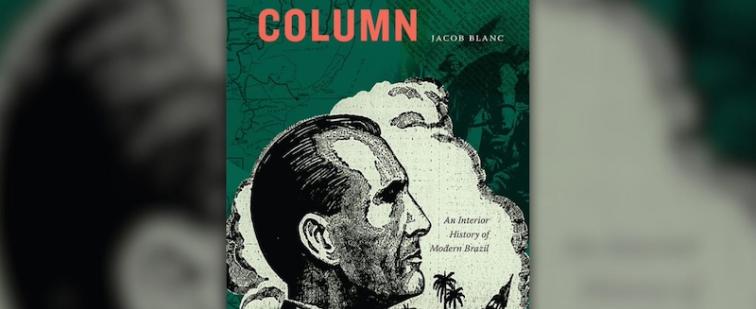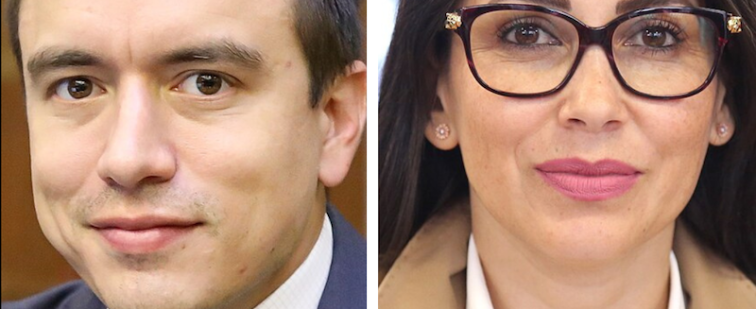Home
A series of photos allegedly found on the laptops of Raúl Reyes, the FARC leader killed when the Colombian government bombed and raided a FARC encampment across the Ecuadoran border, appear to have actually been taken by Colombian intelligence agents—or by allied police or intelligence agents—in Quito, Ecuador.
Mexico suffers from a resilient tradition of impunity: the propensity of rulers and contenders alike to place themselves above the law. The student movement of the 1960s and 1970s carried the torch against impunity, but was brutally repressed. In 1989 the Party of the Democratic Revolution (PRD) was formed to carry on the struggle, but by 2008, as the party’s “tribes” vie for power, the PRD itself has reverted to the tradition of impunity within its own internal politics.
 |
Tijuana’s links to San Diego go back centuries: from a dusty stopping point during the Mexican-American War, to the booming prohibition-era party town for U.S. revel seekers. Since foreign-owned factories moved in and businesses across the border looked for workers, Tijuana has become a reservoir of cheap local and cross-border labor, aggravating the city’s enduring social and economic problems.
 |
New security measures and plans for a massive border station threaten the fragile border economy of San Diego-Tijuana. Those most affected by these changes will likely be cross-border workers, family-run businesses, and small communities—on both sides of the border.
The International Police Agency's findings on computer devices the Colombian government says it found at a rebel camp do not ratify the veracity of Bogotá's claims about the devices' contents supposedly linking neighboring governments to Colombian guerrillas. International media have ignored this important fact, while independent experts continue to raise doubts on Interpol's investigation.
In a near-unanimous voice vote tonight, the Senate passed a "resolution of disapproval" that would nullify the Federal Communications Commission's latest attempt to dismantle longstanding media ownership limits.
Since January 1959, nearly half a century ago, U.S. mass media have reflected the views of the U.S. government and systematically misreported the Cuban Revolution. Few reporters have tried to understand—much less explain—the Cuban Revolution.
Guatemalans have supposedly lived in peace and democracy since the brutal 36-year civil war formally ended in 1996. But the state-sponsored terror of the past is again rearing its head. In today's undeclared war rates of violence in some cases surpass even those of the war, with the government repeating many abuses of the past.
On May 2, the day after nationwide marches clamoring for immigrant rights, federal authorities detained 64 workers from taquerias across the San Francisco Bay Area. In response, hundreds of activists have poured into Bay Area streets to protest the raids.
Just weeks after Venezuela, Ecuador, and Colombia pulled back from the brink of conflict, the U.S. Navy announced the Fourth Fleet to reassert U.S. power in the Caribbean and Latin America.





